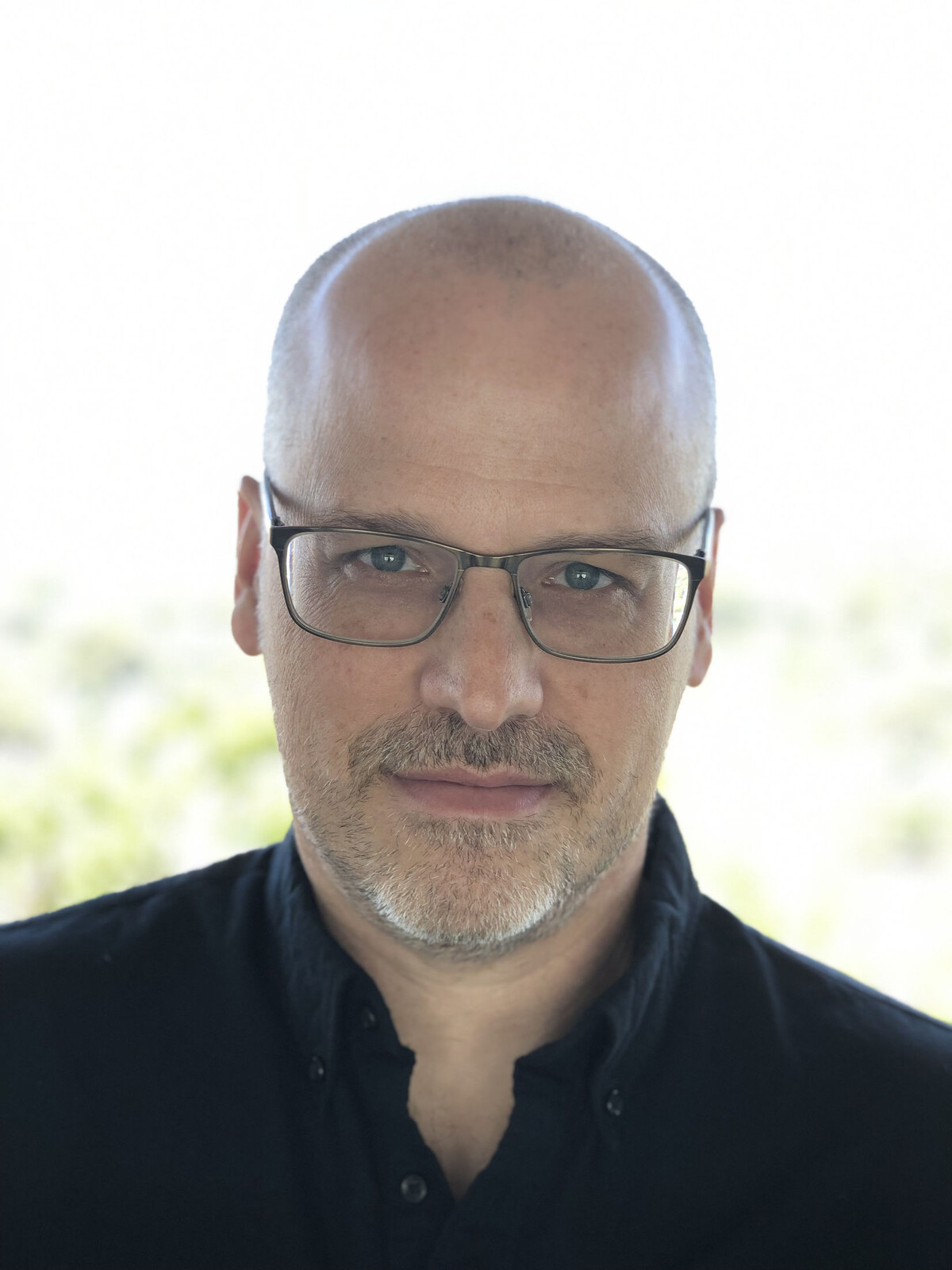A Q&A with Professor Yaffe on the Norm Shift Theory of Punishment

In his latest paper in the journal Ethics4, Wesley Newcomb Hohfeld Professor of Jurisprudence Gideon Yaffe challenges long-held norms of punishment and proposes a new analysis — the Norm Shift Theory of Punishment. Yaffe posits that the modern philosophy of punishment fails to define punishment properly and offers a definition that could and should guide punitive decisions by the government.
Yaffe is also Professor of Philosophy and Professor of Psychology at Yale, and much of his research focuses on the philosophy of law, particularly criminal law and its administration. He has previously published books on the philosophical foundations of the law governing attempted crimes and the philosophical grounds for leniency towards child criminals.
In this Q&A, Yaffe discussed his work and its potential implications.
Why do you think the question of how to define punishment (in contrast to the question of what makes punishing the right thing to do) has been overlooked?

The question of what is true and must be true for what one person does to another to be punishment, what I call “the question of definition,” used to be addressed directly by philosophers. But in the mid-20th century, people started to think that it didn’t matter —that what mattered was whether what one person did to another was a good idea, not whether what they were doing was properly labeled “punishment.” But we have a lot of legal rules that apply to things that bear the label and don’t apply otherwise. Double jeopardy is a good example. You can’t put someone at risk of a second punishment for the same conduct, but could put them at risk of other things, like civil penalties. So, whether it is barred to put someone at risk of being forced to pay a lot of money, say, after having been locked up, depends on whether both are punishments. If they both are, then you’re not allowed to force the payment, but if one or the other isn’t, then you are allowed to do that. There are lots of limitations of this sort. So, the law requires an answer to the question that philosophers thought didn’t matter: the question of definition.
Your paper proposes the Norm Shift Theory of Punishment, which has two central conditions. Can you briefly explain them?
The basic idea is that the main thing involved in punishment is shrinking what the punished person is allowed to do — not what they can do, but what they are permitted to do. So, for instance, a parolee is being punished even though he has the ability to see his close friend, who happens to be a felon — all he has to do is call him up and make a plan to meet — because he is not allowed to see his friend; it’s illegal for him to “consort” with felons. Similarly, if you’re in prison, you’re being punished not because you can’t leave, but because you’re not allowed to leave. That’s the first thing that’s involved in punishment. But it turns out that there are lots of ways to shrink what someone is allowed to do. When you promise someone that you’ll meet them, you shrink the range of things that it’s permissible for you to do; before the promise you were allowed to either meet them or not, but after you are only allowed to meet them. But promises aren’t punishments. The second condition specifies when shrinking what a person is allowed to do is a punishment; how punishment differs from the effects of promises. The view is that the second condition is met when the change in the set of permissible acts is made in response to a person’s wrongdoing and when it is accompanied by the entitlement to make it difficult for them to behave impermissibly. So, incarceration is punishment because, first, the government makes it true that it is illegal for you to leave the prison and, second, the government makes that legal change because you committed a crime and, at the same time, the government is allowed to make it really hard for you to leave by locking the doors and hiring guards.
How do you hope your paper contributes to broader conversations about democratic governance, accountability, and justice?
Mostly, I hope it does this by giving the courts a principled basis for making decisions in hard cases. So, one example the paper discusses is Smith v. Doe, where someone who served his time for sexual assault, before sex offender registration was legally required, objected that required registration was punishment. The Supreme Court said it wasn’t, so there was no problem in requiring it of him. The Supreme Court just made this up — they had no defensible answer to the question of definition; they just wanted to allow the state of Alaska to force Doe to register. On the theory explained in my paper, this was the wrong decision. Forced registration is punishment. The government shrinks what a person is allowed to do because of their past crime while being entitled to make it really hard to avoid registering. Had the Supreme Court had my theory in hand, they would have been in position to advance justice, by setting a limit on government behavior. And I hope future courts will do just that. Government power ought to be limited. The government can do lots of things to people that they don’t like, but there are limits to how the government can punish people. My theory gives teeth to this idea; it explains when the government ought to be limited in this way, if it is to advance justice.


